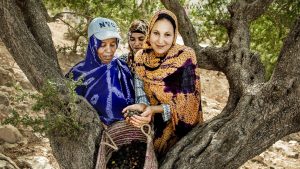
Côte d’Ivoire and the cocoa industry: the power struggle continues
Despite an agreement with Ghana on a more remunerative price for farmers, Côte d’Ivoire is unable to maintain the price of its cocoa. The pandemic and sluggish demand are not helping, but the manufacturers are also playing their part.










